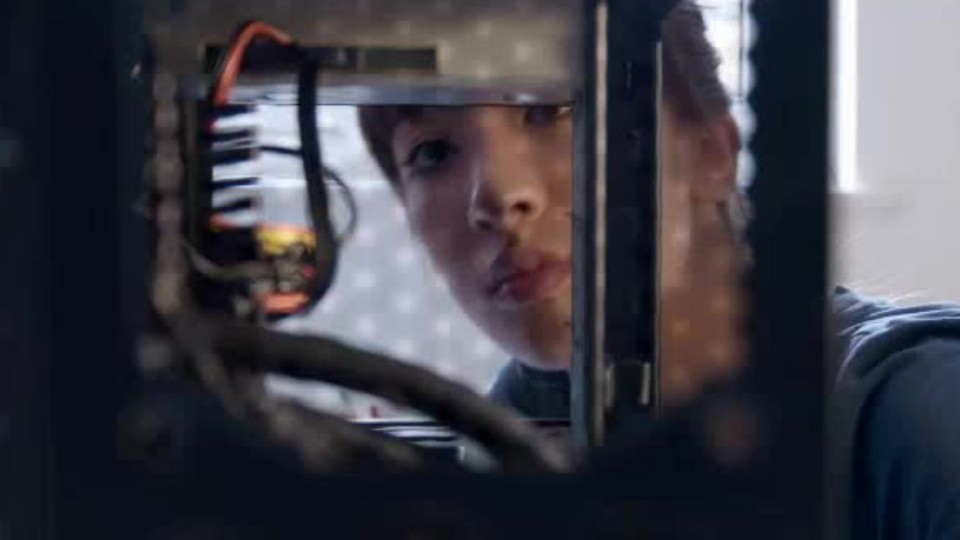Computer Hardware Engineers
Design Engineer, Engineer, Hardware Engineer, Systems Integration Engineer
What they do:
Research, design, develop, or test computer or computer-related equipment for commercial, industrial, military, or scientific use. May supervise the manufacturing and installation of computer or computer-related equipment and components.
On the job, you would:
- Update knowledge and skills to keep up with rapid advancements in computer technology.
- Design and develop computer hardware and support peripherals, including central processing units (CPUs), support logic, microprocessors, custom integrated circuits, and printers and disk drives.
- Confer with engineering staff and consult specifications to evaluate interface between hardware and software and operational and performance requirements of overall system.
Knowledge
Engineering and Technology
- computers and electronics
- product and service development
Math and Science
- arithmetic, algebra, geometry, calculus, or statistics
- physics
Arts and Humanities
- English language
Communications
- telecommunications
Skills
Basic Skills
- reading work related information
- thinking about the pros and cons of different ways to solve a problem
Problem Solving
- noticing a problem and figuring out the best way to solve it
People and Technology Systems
- thinking about the pros and cons of different options and picking the best one
- figuring out how a system should work and how changes in the future will affect it
Abilities
Verbal
- communicate by speaking
- listen and understand what people say
Ideas and Logic
- make general rules or come up with answers from lots of detailed information
- order or arrange things
Math
- add, subtract, multiply, or divide
- choose the right type of math to solve a problem
Personality
People interested in this work like activities that include practical, hands-on problems and solutions.
They do well at jobs that need:
- Innovation
- Adaptability
- Achievement Orientation
- Intellectual Curiosity
- Attention to Detail
- Dependability
Technology
You might use software like this on the job:
Analytical or scientific software
- SAS
- The MathWorks MATLAB
Desktop communications software
- Eko
Computer aided design CAD software
- Autodesk AutoCAD
- Dassault Systemes CATIA
Education
Education: (rated 4 of 5)
bachelor's degree or
master's degree
usually needed
master's degree
usually needed
Job Outlook
Bright
New job opportunities are very likely in the future.
Explore More
- Electrical & Electronic Engineering Technologists & Technicians
- Electronics Engineers
- Microsystems Engineers
- Robotics Technicians
- Software Developers
You might like a career in one of these industries:
See more details at O*NET OnLine about Computer Hardware Engineers.






